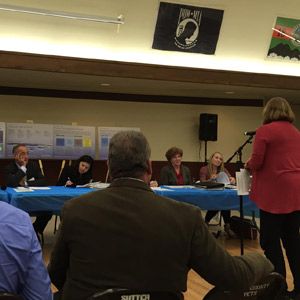russau
Gold Member
Why is it that these wacoenviromentalists and the BIG environmental groups ALWAYS get paid millions of $$$$$ of "our" money when they file suit against mining , logging ETC. when we don't? I say follow the money and 1st. cut off their cash flow from the courts by getting some "politician" to support a Nation wide /state wide ban against these wacos getting cash awards! then go after the big groups and stop the flow of cash , this will probly stop most of these suits if our gubermint would stop rewarding them cash ! then go after (personnaly) these wacos like they are doing to Brandon and others. lets checkout their dirty laundry and see if they can standup to scrutiny!!! then we need to look at the judges !!!!!!!!!!! the fear of loseing ones job as a judge over doing the right thing by law stups me as why the good people of America aren't screaming for their fireing!!!
Amazon Forum Fav 👍
Upvote
0






